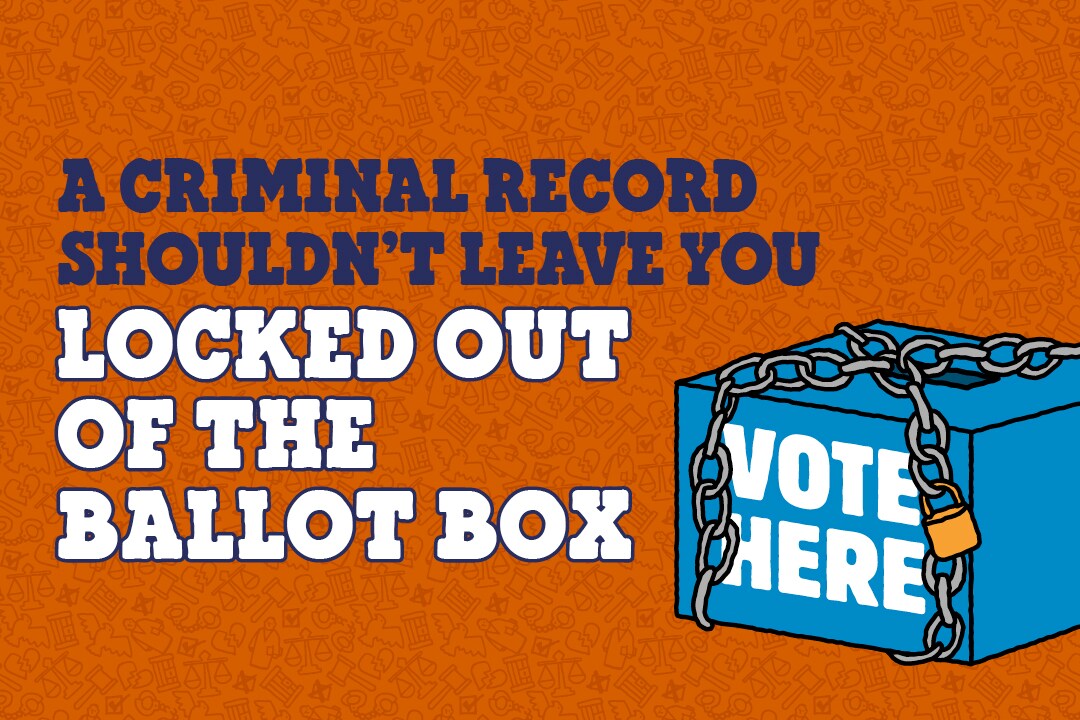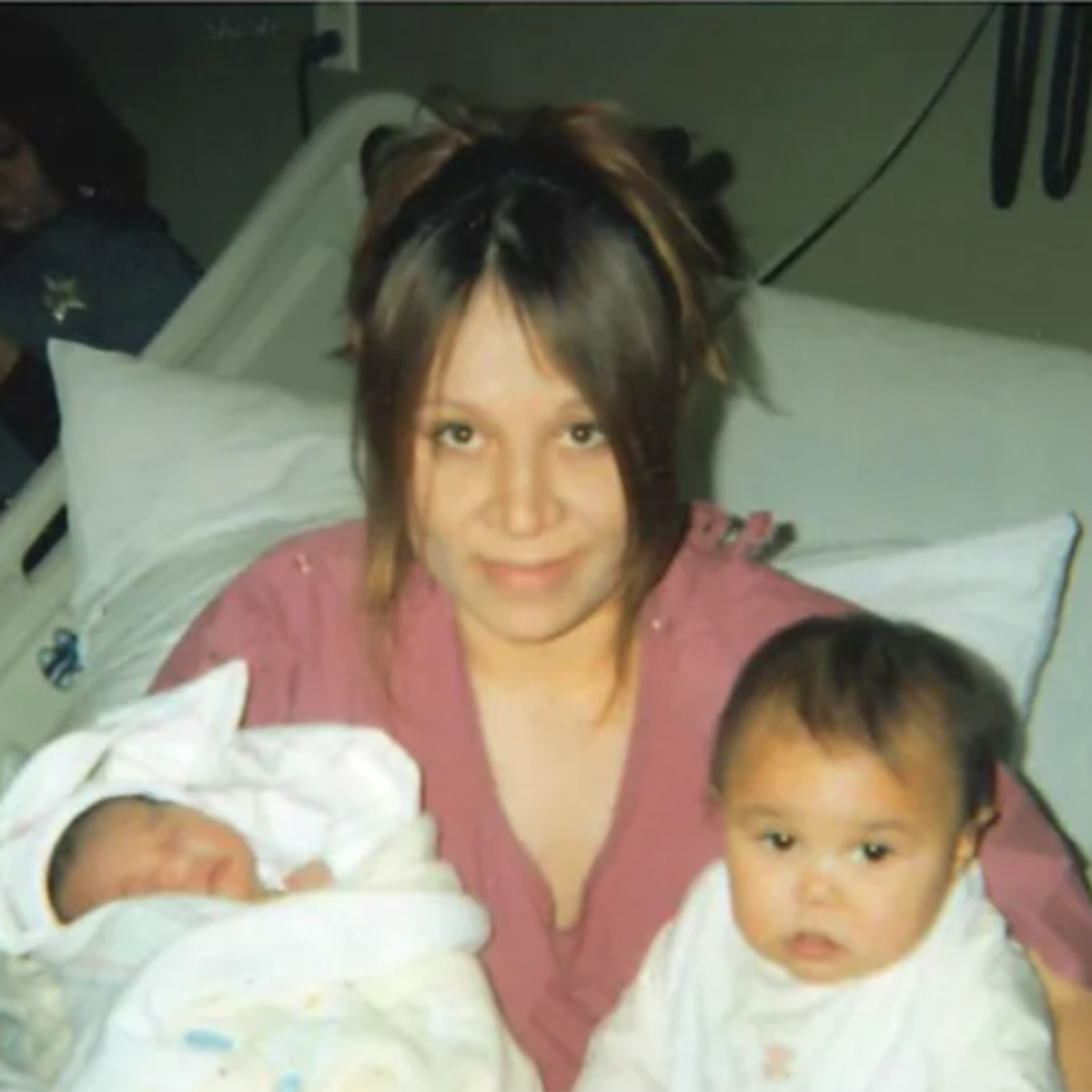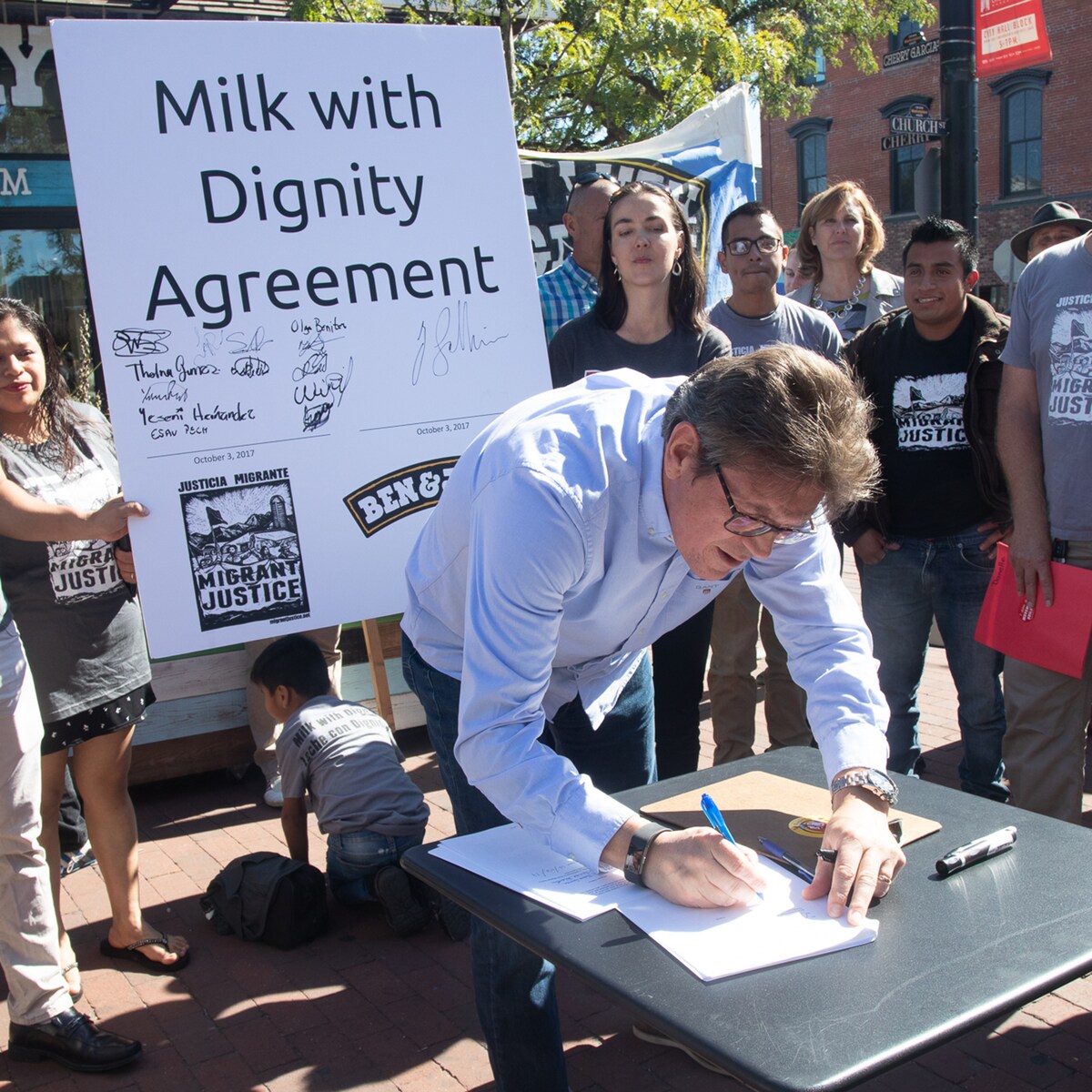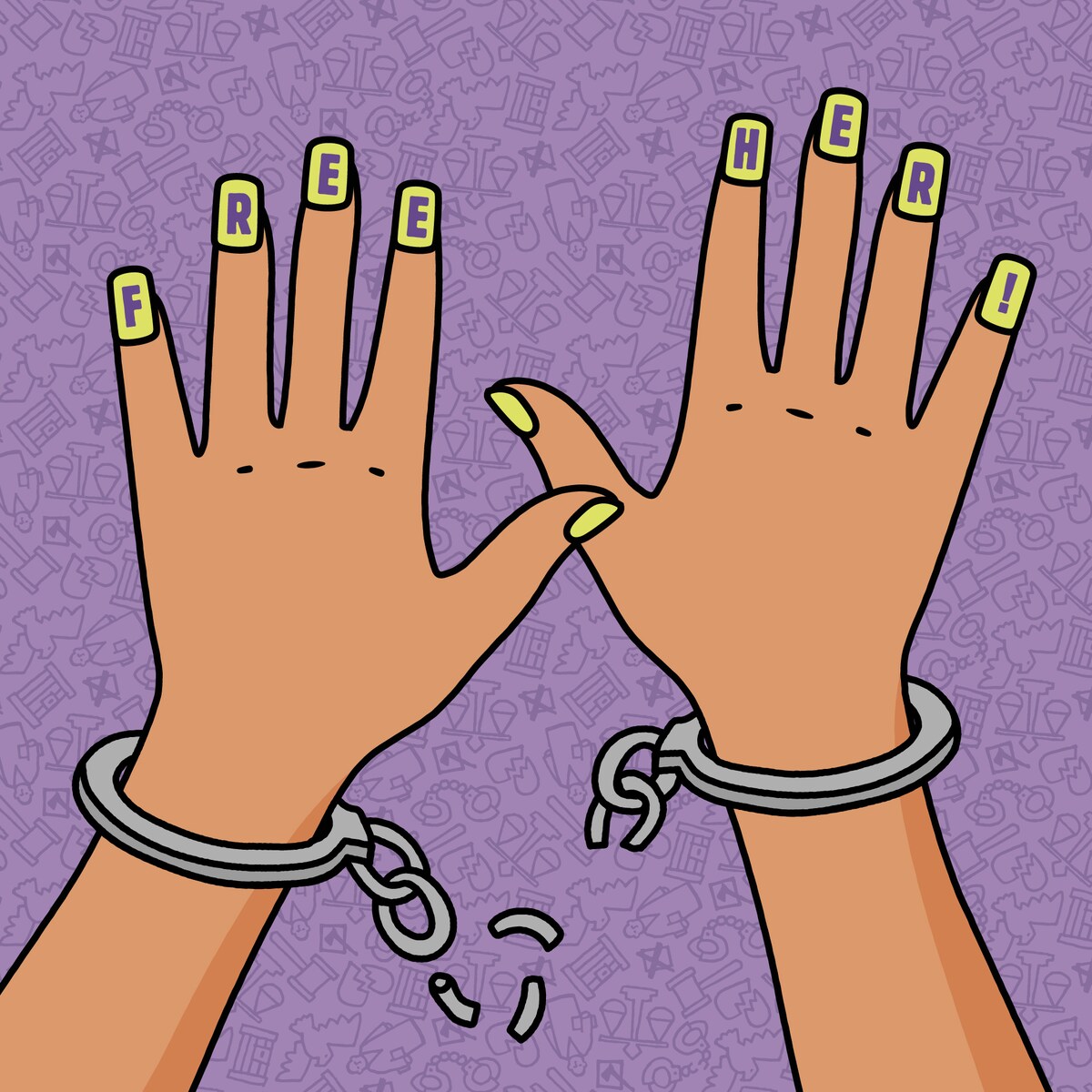A Criminal Record Shouldn’t Lock You Out of the Ballot Box
Right now there are 4.4 million people in the US who are barred from voting because of a felony conviction. That's 4.4 million people whose voices won’t be heard—4.4 million people who don’t get to have a say in the functioning of our government. Is that what democracy is supposed to look like?
A criminal record shouldn’t leave you locked out of the ballot box. Which is why we hope you’ll join us in the movement to restore voting rights to everyone!
4.4 Million… Is a LOT!
It’s hard to actually picture how big a number 4.4 million really is. So here are a few examples that might help:
- There are about 4.4 million people living in the entire state of Kentucky
- There are about 4.4 million people living in the entire country of Panama
- A tower of 4.4 million pints of Ben & Jerry’s would be about 300 miles high—higher than the International Space Station
- 4.4 pints of Ben & Jerry’s placed side by side would stretch all the way from Los Angeles to Las Vegas!
More to the point, 4.4 million votes is enough to influence the outcome of most US elections. The popular-vote margins in the last two presidential elections were 7.1 million (2020) and 2.9 million (2016) votes!
Imagine 4.4 million more people heading to the polls to cast their vote. That would have a huge impact at every level of our democracy, from local elections to national races.
The Impact of Disenfranchising Millions of People
Only two states (Maine and our home state of Vermont) have no voting restrictions for people with criminal convictions—they even allow people in prison to vote.
At the other end of the dial, Texas has barred about 450,000 people from voting because of criminal convictions. These votes could have made a difference in recent Texas elections:
- The state’s 2020 presidential race was decided by just over 631,000 votes
- The margin in Texas’s 2018 US Senate contest was only about 215,000 votes
Florida, though, is number one when it comes to disenfranchising its citizens. Even after Amendment 4, the successful ballot referendum (aka the Second Chances Campaign) back in 2018 that restored voting rights to people with felony convictions, Florida still locks about 1.1 million people out of the ballot box. A huge majority of Floridians (nearly 65%!) voted in favor of Amendment 4, but elected officials have dragged their feet and blocked implementation of its provisions at every opportunity.
So here’s a question for elected officials from Florida, Texas, and every other state that bars people with criminal convictions from voting: What is it, exactly, about a fully functioning democracy that scares you so much?
Democracy Only Works When All Our Voices Are Heard
Margins of victory in elections at every level of US government are tight and getting tighter. Not only is restoring the voting rights of 4.4 million people the right thing to do, it could also swing outcomes in crucial elections all over the country. This is a big, diverse country, and everybody’s voice needs to be heard.
A criminal record shouldn’t make you a second-class citizen. It shouldn’t mean you lose your right to vote. It shouldn’t mean that you no longer get to have a say in how this country is governed. Some states are making incremental progress, but not enough. We have to keep the pressure on.
Want to learn more about how to help restore voting rights for everyone? Follow organizations like the Sentencing Project and the Brennan Center for Justice. Then join us in supporting the Democracy Restoration Act today!



